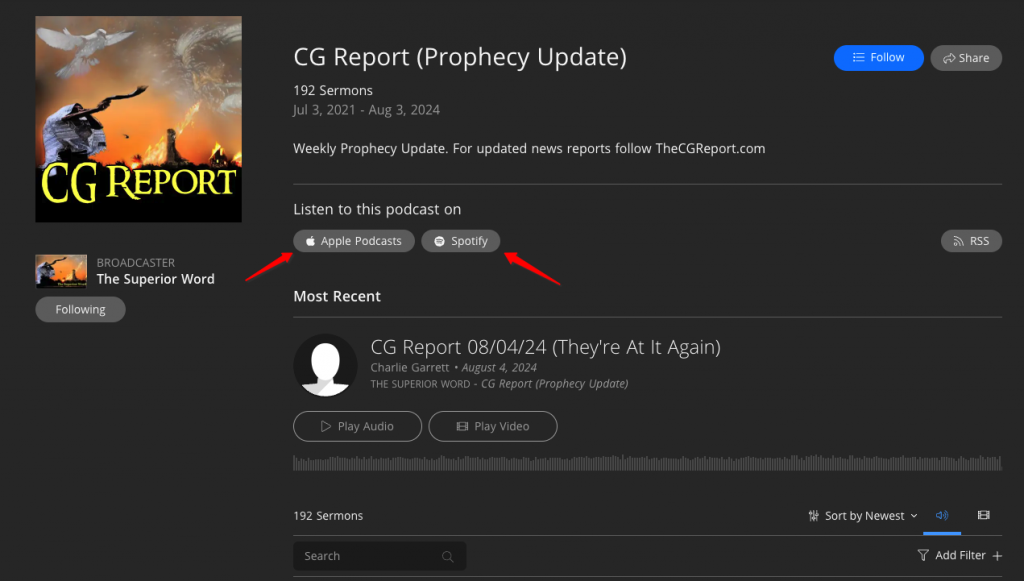…for when Gentiles, who do not have the law, by nature do the things in the law, these, although not having the law, are a law to themselves, Romans 2:14
Paul now introduces a supporting argument for what he just said in verse 13 by starting with “for when” –
…(for not the hearers of the law are just in the sight of God, but the doers of the law will be justified; for when…
To clarify, he has made a claim against the Jews who trust in merely being the stewards of the law while failing to meet the law. Now he will demonstrate that what he said is correct. For when Gentiles (all who are not Jews) who do not have the law (the written code entrusted to the Jewish people by God), by nature do the things in the law (they obey what the law prescribes, such as “do not murder”), although not having the law (because it was given only to the nation of Israel), are a law to themselves (they have become “doers of the law” and thus prove his claim of verse 13).
There is no culture which has ever existed that was devoid of a moral law. Although the laws are enacted in varying degrees of strictness and enforced in varying degrees of severity, there is found to be a universal standard of overall moral right and wrong which is written on our hearts and imprinted on our consciences. When these internal codes are violated, a sense of guilt is the result. In essence, the Gentiles are stewards of God’s law, even if not written and detailed in the form given to Israel.
It is important to note that the word translated “when” in no way implies that what Paul is arguing will take place. Instead, it is a conjecture which links the two thoughts. The reason this is important is because even though obedience to this internal law may exist, it doesn’t mean that it exists perfectly or that it will be executed flawlessly. Even more, the Bible consistently implies that it won’t – “all have sinned and all fall short of the glory of God” (Romans 3:23).
What this means then is that no person will be saved by the light he has received – for the Jew it was the Law of Moses, and for the gentile it is through the internal law of the heart and conscience. Instead, he will be judged by that light – greater judgment for the one with greater light. The light merely brings condemnation in varying degree. It is Christ who brings salvation in its fullness.
This concept of greater judgment for greater knowledge is hinted at in James 3:1. Although James is speaking to those who would presume to be teachers, the idea rings true with what Paul is telling us about in Romans –
“My brethren, let not many of you become teachers, knowing that we shall receive a stricter judgment.” James 3:1
All will be judged fairly based upon the light they have received, and none will be able to accuse God of unfairness. All mouths will be stopped before Him and every tongue will be silenced. In the end, all people deserve God’s hand of wrath and condemnation, but because of His great love with which He has loved us, we shall receive mercy if we come to the cross and the precious shed blood of Jesus.
Life application: Are you willing to gain greater light which will potentially increase your guilt before God? It is a scary thought, but the only acceptable answer for the follower of Jesus is, “Yes.” It is unthinkable that we would want to keep ourselves from knowing God in all His fullness just because we are scared of what we might learn about our own fallen state. Instead, when we learn more, we need to have our faith and actions coincide with our greater knowledge.
Lord God, Your word states “How can a young man cleanse his way? By taking heed according to Your word.” So, Lord, give me the understanding of Your word and then give me the desire and the ability to take heed to it. I know that through You I can do all things and so let me not be timid in my pursuit of You. Amen.

